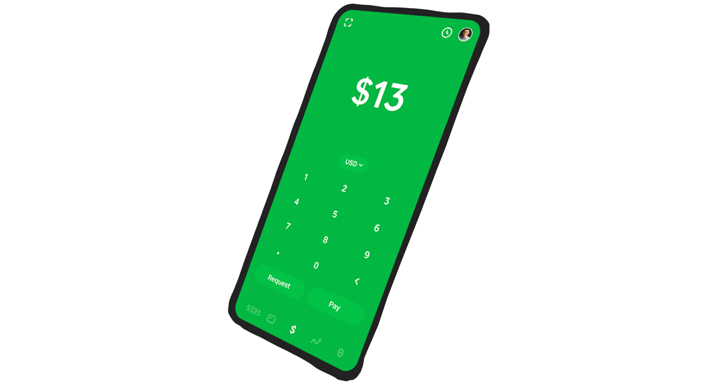Cash App Taxes: What You Need to Know About 1099-K Forms
If you’re using Cash App for business transactions, you might receive a 1099-K form during tax season. Whether you’re accepting payments for goods and services or using the app for side hustles, it’s crucial to understand how Cash App taxes work to avoid any surprises from the IRS. Let’s break it down in simple terms.

Do You Need to Pay Taxes on Cash App Transactions?
The IRS requires businesses and individuals earning income through payment apps like Cash App, Venmo, PayPal, and Zelle to report their earnings. The key takeaway is:
✅ Personal transactions (gifts, reimbursements, splitting bills) are NOT taxable.
✅ Business transactions (selling goods/services, freelancing, gig work) ARE taxable.
If you use Cash App for Business, all payments you receive are considered taxable income.
What Is a 1099-K Form?
A 1099-K is a tax form issued by payment processors (like Cash App) to report business transactions to the IRS. This form helps the IRS track earnings from digital payment platforms.
Who Gets a 1099-K from Cash App?
As of 2024 tax rules, Cash App must send you a 1099-K if:
You received over $600 in payments for goods and services (new IRS rule)
Payments were received through a Cash App Business account
📌 Important: The IRS lowered the reporting threshold from $20,000 and 200 transactions to just $600, making many more users eligible for a 1099-K.
How to Access Your 1099-K from Cash App
If you qualify, Cash App will provide your 1099-K tax form by January 31st. You can download it in the Tax Documents section of your Cash App settings.
💡 Tip: Even if you don’t receive a 1099-K, you’re still required to report all business income to the IRS!
How to File Taxes on Cash App Income
Once you have your 1099-K, follow these steps:
1. Check the Amount – Compare it with your actual earnings to ensure accuracy.
2. Report Business Income – File your earnings under Schedule C (Form 1040) if you’re self-employed.
3. Deduct Expenses – Reduce taxable income by deducting business-related costs (e.g., supplies, marketing, transaction fees).
4. Pay Estimated Taxes – If you earn significant income on Cash App, you may need to pay quarterly estimated taxes.
Avoiding IRS Penalties
🚨 Failure to report income from Cash App transactions could result in IRS penalties, interest, or even an audit. Keep track of all payments and expenses throughout the year!
Final Thoughts
If you use Cash App for business or side gigs, you must report your earnings and pay taxes accordingly. The IRS is cracking down on digital payments, so make sure you understand how 1099-K reporting affects you.
👉 Want to start using Cash App? Sign up with my Cash App referral link to get a bonus!
References:
IRS 1099-K Guidelines: https://www.irs.gov
Cash App Tax FAQs: https://cash.app/help
IRS Self-Employment Tax Rules: https://www.irs.gov/businesses/self-employed
Hi, I’m Chef Tasty. I started Tasty Referrals in 2019 after realizing how much money people were leaving on the table with cashback and referral apps. With a background in quantitative research and years spent testing these tools myself, I now break everything down into simple guides that actually help you earn more.